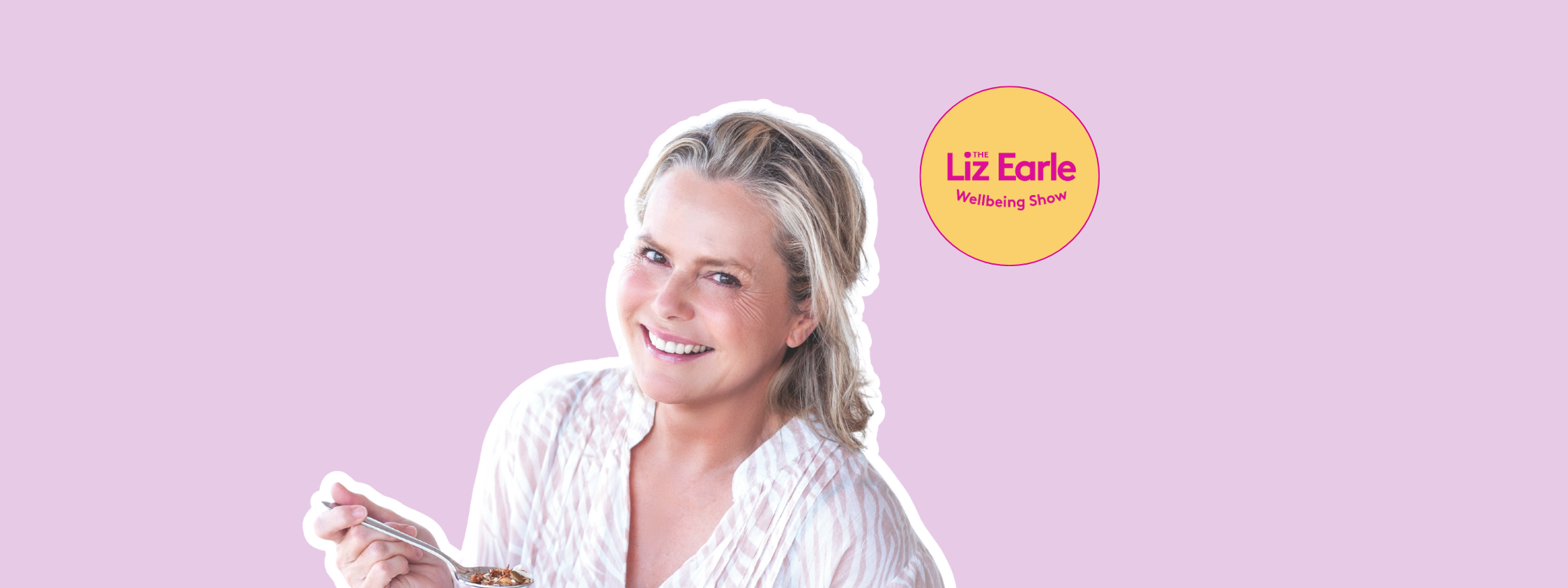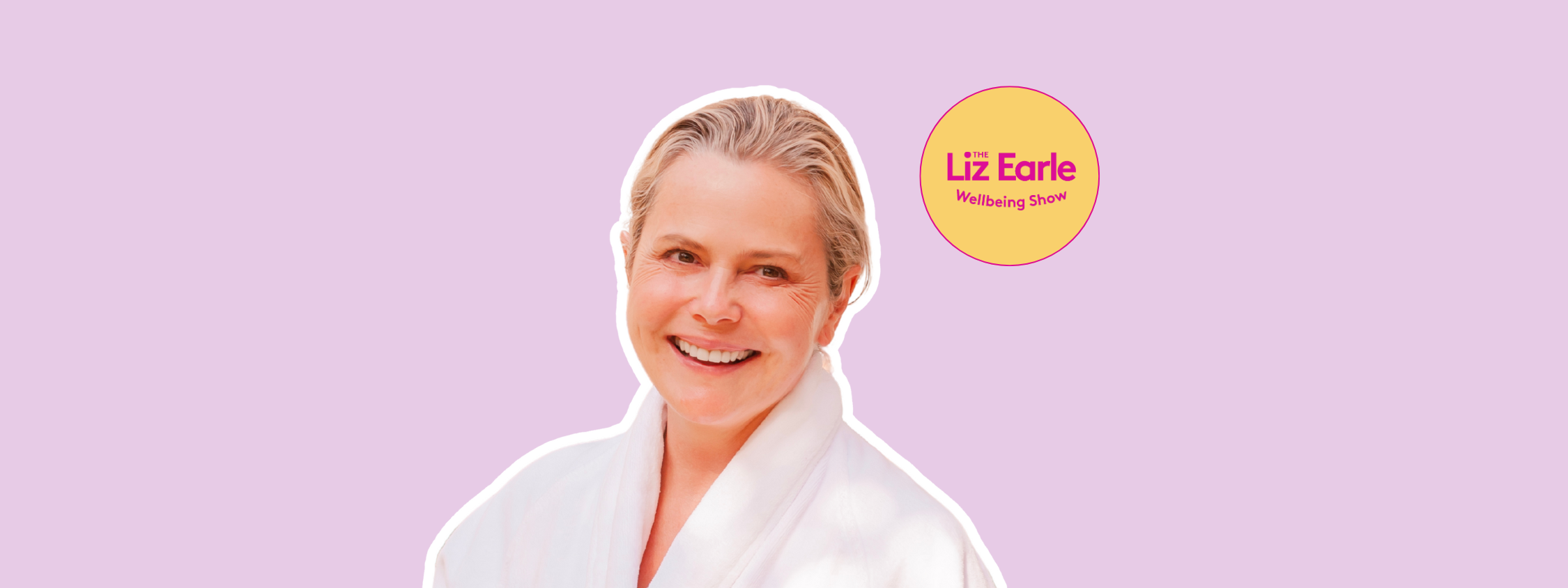How to embrace mindful drinking (even at Christmas)

Christmas – a time to eat, drink and be merry. The festive season is synonymous with indulgence, with many of us reaching for an extra glass of wine during the celebrations. Mindful drinking can easily go out of the window.
While an additional tipple is often part and parcel of party season, it’s easy to overdo it – often bringing with it poor sleep, a sore head and next-day regrets.
But, we can embrace a more mindful approach to drinking says Anna Donaghey, Alcohol Mindset Coach and host of The Big Drink Rethink podcast. Here, she explains how we can approach alcohol during the festivities with more intention, and step into the New Year feeling fresh.
How to embrace mindful drinking (even at Christmas)
How can we have a mindful relationship with alcohol during the festivities?
First of all: know your limits. Some people have a higher tolerance and can drink more than other people before they get drunk. Don’t try and keep up with them.
Generally speaking, two drinks for anyone would make it likely that they’ll stay on the right side of alcohol and avoid the evening descending into something they don’t want it to.
Also, pour your own drinks. Being mindful with alcohol means being responsible for yourself and what’s in your glass. Don’t get pressured into buying rounds – you’ll probably end up drinking more to get your money’s worth.
And consider why you’re having a drink in the first place. If you’re already having fun, with a good meal and nice company, what is drinking going to add the occasion?
What if we don’t want to drink at all – does that mean we’re on Diet Coke?
There are so many better alternatives these days. Gone are the days where you have to be sipping orange squash. You can even look like you have an alcoholic drink in your glass.
Finding an alternative drink that you’re really happy with can feel like an indulgence. Put it in a nice glass, add a slice and some ice. A lot of drinking comes from the sense of ritual.
The world is your oyster with alcohol-free drinks at the moment. It’s a rapidly growing area of the drinks market and there are some amazing products being produced.
Try a few different things and decide what it is you’ll look forward to over the Christmas period.
I discovered a brand called Botivo. It’s an amazing aperitif – I like it as a long drink with soda water or tonic. It’s great even in a Champagne glass, or over ice.
We’re at a party and someone is trying to force us to drink alcohol. What do we do?
It’s quite empowering to bear in mind that people who might force us to have a drink are coming from a place where they’re possibly more insecure about their own relationship with alcohol. They want to feel comfortable. You not having a drink is making them feel uncomfortable.
The best way to deal with people like this is to have a plan about how you’re going to respond.
One of the best possible responses you can give is to keep it in the realm of feelings. People can’t argue with how you feel – it’s not open to debate.
You can say something like, ‘no thank you, I don’t feel like one at the moment’ or ‘I’m not feeling brilliant at the moment, maybe later’. Chances are they’ll forget as the evening goes on anyway!
The best one I’ve always deployed is ‘I’ve not been drinking much recently and I feel so much better as a result, so no thank you’.
It’s empowering because they can’t argue with it. You can set the scene far in advance too – slip it into conversation a week before, for example. And then it might not feel such a big thing when you bring it up again during the festivities.
What are the signs that we don’t have a healthy relationship with alcohol?
If you’re not 100% at peace with your drinking, then I think that’s an interesting sign. We should only ever drink in ways that make us happy and comfortable. And if you feel uncomfortable, if you have a little niggle – it’s worth listening to.
I think the other thing is triggers.
If you’re finding that you’re being triggered to drink, it could be a sign that you’re using alcohol to manage your emotions. Examples of triggers might be that you’ve had a tough day, or a frustrating conversation. Perhaps a disappointing outcome. And from that, you find yourself thinking ‘I can’t wait to have a drink’.
Consider also whether alcohol is costing you more than just money. Is it beginning to be the basis for arguments and friction? Is it getting in the way of you doing things you really value?
For me, I gave up drinking about four years ago because I needed to. My relationship with alcohol was bad. It was seriously affecting my life. Most tangibly my mental state. And it was spilling out into my relationships within the family, my husband primarily.
It was very much about needing take control. And that’s what I set out to do – ultimately giving up because, for me, that was the ultimate control. And by far the most free and liberating thing to do.
What else should we be aware of?
Notice if you’re ashamed of your drinking habits. If you’re thinking ‘well I’ll drink on my own then’ to escape judgement of others or you’re beginning to feel guilty or ashamed, it’s a sign that things aren’t good.
Also be aware if drinking is dominating your thoughts. When I was drinking heavily, I would think about having a drink. Then I was drinking. Then I’d be regretting the drink. And then thinking I won’t do that again. But then do it all again. My whole day was revolving around it. It was taking up too much headspace. It had grown to be disproportionately important to me.
Another sign is if you’re needing to drink more in order to get the same buzz. That’s a very physiological sign that your tolerance is going up. People use tolerance as a badge of honour, but it’s a really bad sign.
When you’re younger – a thimble-full will do! Then it becomes a glass, a large glass, half a bottle, a bottle… if you’re now finding that you can easily drink a bottle and it’s not really putting you in a position where you’re drunk – it’s something to pay attention to.
Look at your drinking history and consider if it is ramping up.
The other thing that’s worth considering is if you struggle to take a break from alcohol. It’s a sign that you’re possibly more emotionally dependent on it than what you thought.
Dry January is just around the corner – is it worth doing?
I’m a massive fan of taking a break – at any time of year.
It’s ironic because when I was a drinker, I tried Dry January in 2016 and lasted about four days before I said ‘oh to hell with this!’. I got really defensive about it. But I was reacting to the fact that I found it really hard.
My abstinence actually started with a month-long break in 2020.
I think, if you’re going to do Dry January, use it to explore alcohol’s impact on you, rather than doing it as a test of willpower. Notice whether it reveals anything about your relationship with alcohol.
When we put alcohol in our system, it can put things out of balance.
Any break of about a month allows any residual alcohol in your system to leave, and your body will move into better balance. Notice what’s going on for you during that time. You may notice your irritable bowel is less irritable. You might lose a few pounds, or find that you relied on alcohol for stress relief. Or you might realise that you sleep better than what you thought. Or that you’ve saved a bit of money.
And, if nothing else, your liver will thank you.
If you do struggle to have a month off, or maybe even a few days or a week, then it’s a sign that something is awry there.
Find out more
Anna Donaghey is an Alcohol Mindset Coach and host of The Big Drink Rethink. Find out more about Anna at thebeliefscoach.com. If you’re struggling with alcohol, find additional advice here and contact your GP or healthcare provider.




